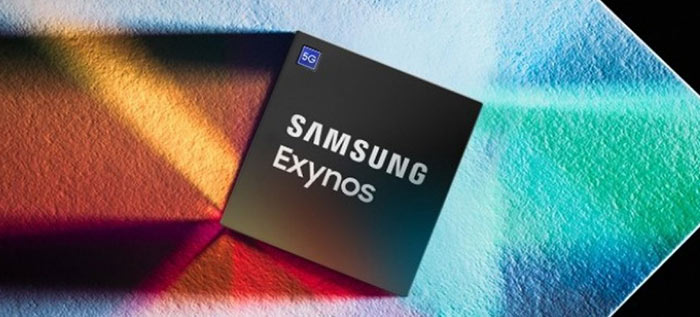An interesting report from South Korea indicates that Samsung is ready to join a semiconductor industry consortium to make a bid for chip design and licensing company Arm Ltd. Much of the recent industry buzz has been about the possibility of Nvidia's outright purchase of Arm, and the implications of such a deal for Nvidia and the wider industry. Now it appears that there have been talks in the background with a consortium of semiconductor companies all wishing to get skin in the game and ensure nothing will rock their boats.
The Korea Times says that Samsung will join the race to acquire the UK's Arm Ltd. It will do so by acquiring a small stake, between 3 and 5 per cent, as part of a consortium of semiconductor companies working together to ensure nothing untoward will happen with the Arm architecture or its licensing.
"Samsung Electronics is considering acquiring a small stake in Arm, which will be between 3 percent and 5 percent," said the top industry official, who requested to remain anonymous. "Arm will be acquired by a consortium led by multiple parties from the semiconductor industry given the complex nature of Arm's shareholding structure."
As way of explanation, the official went on to draw parallels between the above sketched out consortium acquisition idea with the way in which Samsung and other semiconductor makers have collected stakes in ASML Holdings in the Netherlands. ASML is in a similar market dominating and global leading position as Arm, as it is the only supplier for the extreme ultraviolet (EUV) technology-based lithography equipment.

By being part of the consortium, it is possible that Samsung would be able to reduce its Arm licensing and royalty fees. On the scale that Samsung works at, any small deductions could soon earn back its investments.
If you are wondering who might join Samsung in the consortium, The Korea Times reports on the thoughts of Objective Analysis semiconductor analyst, Jim Handy. Handy mentions a mix of fabless and intelligent system companies as being potential members of the consortium; companies such as Rambus, Cadence and Synopsys, for example.
This might be a more likely outcome of the Softbank disposal of its investments in Arm, due to the financial burden Nvidia would have to shoulder individually (about $41 billion) and the potential for regulatory approval issues.






